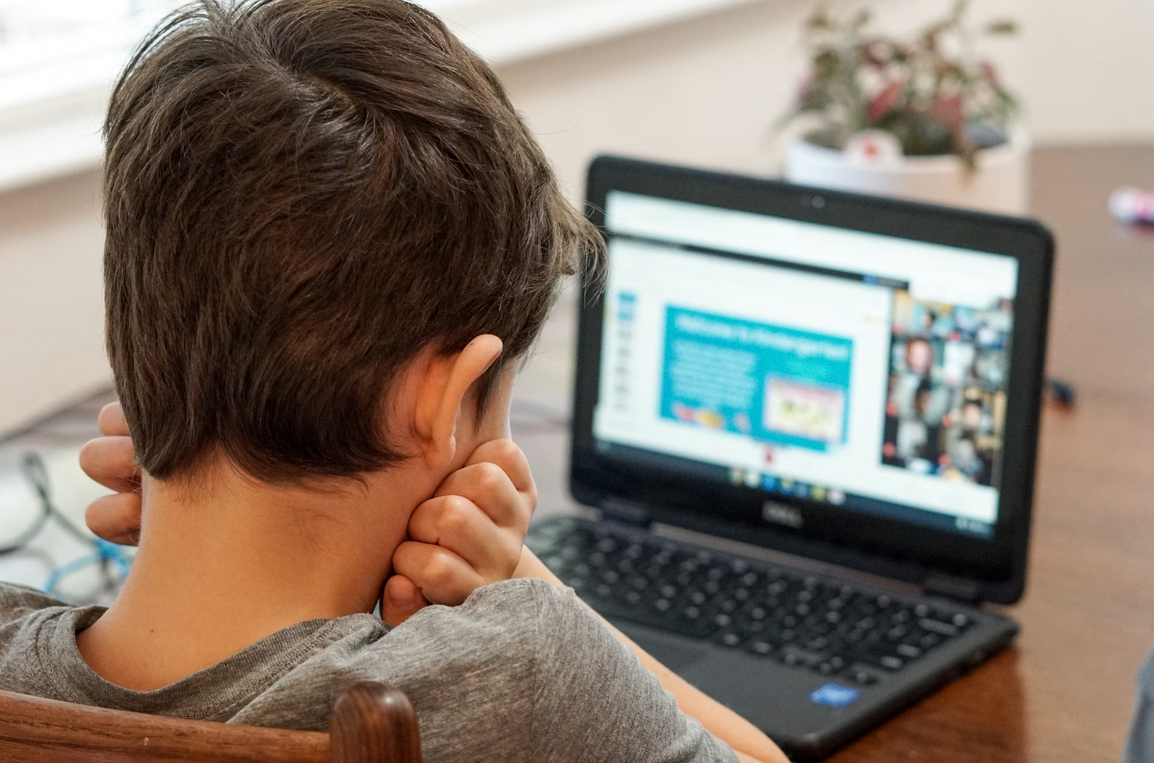
Experienced UIUC graduate student specializing in Math, Computer Science, and Writing
Availability:
Every day, 10:00am-10:00pm PST
Subjects:
Math
Computer Science
Writing
ChatGPT Won't Save You From Reading and Writing
Last Updated:

- When you’re producing intellectual work that will be judged by an expert or relied on by readers, ChatGPT just won’t be enough.
- Using AI to do your work will cause you to create a skills debt in your ability to articulate your own personal perspective.
- The output from AI chatbots is often inaccurate, formulaic, boring, unoriginal, and requires enough editing to not be worth the time.
As a tutor, I’ve heard a lot of stories from students about trying to use ChatGPT to summarize readings or do assignments, including entire essays. So I just wanted to say: that’s a terrible idea. Believe me, I’ve been tempted to use AI to draft blog posts myself when I hit a mental block, but I very firmly decided against it.
Let’s set aside the ethical arguments here for a moment, since many people using ChatGPT aren’t too concerned about academic integrity.
Using Generative AI, specifically Large Language Models (LLMs), is a great idea if you need to draft professional emails, come up with an outline for a report, or reformat some information. But when you’re producing intellectual work that will be judged by an expert or relied on by readers, ChatGPT just won’t be enough.
Surface-Level Understanding
Academic work requires you to engage with details to support your ideas, but ChatGPT is prone to missing details and foregoing a deeper analysis of the work.
It’s not enough to just take a few surface-level bullet points and pour fluff over it until you meet the word count. Teachers and tutors who review essays can spot that type of shallow work a mile away. Professors who are regularly engaging with new academic literature have even less patience for shallow work that eats up time they could be spending on research.
As you delegate your critical thinking to ChatGPT, you won’t have the opportunity to engage with deeper critical thinking skills yourself. So even if ChatGPT can give you an outline or a rough draft, you won’t have the ability to refine the work into something better. Just like calculators aren’t there to replace your ability to understand arithmetic, LLMs don’t exist to replace your critical thinking.
This is especially true for your most significant units in a subject, since you might also have tests, presentations with Q&A, and peer discussions where ChatGPT can’t do it for you. You may as well develop the skills to achieve a deeper understanding in the first place to make it easier in the long-run.
LLMs work best when you have the ability to think deeper already, but some surface-level rote work can be done for you to make the process faster.
Inaccuracies and Misinterpretations
Gen AI is statistically-driven, meaning it cannot guarantee accuracy and it can easily misinterpret words since it doesn’t understand your context.
It doesn’t understand what the expectations of your teachers or professors might be, such as the goals and requirements of the assignment. Just because it produces professional-sounding words doesn’t mean it’s appropriately meeting the standards you need, even if you feed it a rubric. Our brains pick up on a lot of nuanced context that software and algorithms still can’t do nearly as well.
It doesn’t understand niche topics either and has limited access, if any, to the material you’re supposed to be working with. This means it might confidently make up information, something called “hallucinations.” It might blatantly ignore some of your instructions while telling you it followed them all.
In the time it would take you to fact-check every part of the ChatGPT output, you could probably just have done the assignment yourself and gained all the benefits from doing so, including confidence that the work is based on a strong foundation you can justify.
Lack of Original Arguments
Because AI is trained on previously established data, LLMs like ChatGPT are poor at producing new ideas or incorporating concepts they haven’t seen before.
They have no way of substituting for the personal touch that a teacher, TA, or professor expects from you, especially if they’ve seen you participate in class before and have an understanding of your voice and ideas. They cannot incorporate your personal experiences or perspectives into the work unless you fully explain it. But again, why not just do it yourself in the first place to save yourself the pain of correcting ChatGPT’s output?
Generic and Boring Styles
Because they’re trained on a broad collection of human voices and language, LLMs have a very generic voice that sticks out like a sore thumb. Telling them to take a certain tone or roleplay as a student doesn’t help much either. You just get a diluted, shallow imitation like a student being forced to take an acting class as an elective.
Developing your own voice is key to improving your communication and critical thinking skills in life. Articulating your unique perspective is how you best leverage your potential and talents, including expressing yourself in your personal life. You become a more interesting person by cultivating a unique voice and viewpoint.
Getting Caught
I’ve personally heard many stories of students being caught using ChatGPT. It’s not as discreet as you might think.
The generic, boring style of ChatGPT is intuitively recognizable to a lot of people, even if they can’t explain specific patterns. ChatGPT uses a lot of cautious words, like “may”, “often”, “might”, “many,” “can,” etc., because it shies away from taking firm stances in its analysis while real people are more opinionated.
If you’ve written any work, such as handwritten work in class, then teachers will be able to compare your actual output to ChatGPT output, and they’ll notice any discrepancy in your writing styles.
ChatGPT might also work in phrases it saw before in the content it produces, meaning it could end up copy-pasting some text it saw and trigger a plagiarism checker, like Turnitin.
Dedicated AI plagiarism checkers are built to specifically examine the patterns in the language and assess it based on statistical metrics, like perplexity. Many of these checkers are controversial because they raise a lot of false flags on students who didn’t use AI, and they rightly deserve criticism for that, but they also catch the students who did use AI very often as well. I knew of one student who used it multiple times in a row and almost suffered expulsion from college, because they were so sure they could eventually fool the checkers.
Save yourself the daily stress and anxiety of getting caught. Just do the work honestly.
You’re Making a Skills Debt
The fact is that a lot of the work you might want to skip through ChatGPT is still building skills for you to use later, and you’re taking out a debt by trying shortcuts now.
You might save some time on busywork or enable a bad procrastination habit in the short-term, but you pay for it in the long-term because each assignment assumes you built up your skills with the last one.
You’ll still have to take tests and give speeches and participate in discussions, not just throughout your educational journey, but throughout your entire life in your career. Using ChatGPT as a shortcut limits your overall potential in life, as those who put in the work to gain deeper critical thinking skills will be able to shine where you can’t.
Ask for Help Instead
If you’re struggling, just ask for help. There are lots of avenues and resources available to help you if you seek them out. We assemble a lot of content on this blog to help you get started, but if you need more accountability or personal mentorship, reach out to us here! As tutors, we encounter students who get stumped and struggle a lot, and we specialize in removing your blocks and filling any gaps in your knowledge. We’re happy to help!





